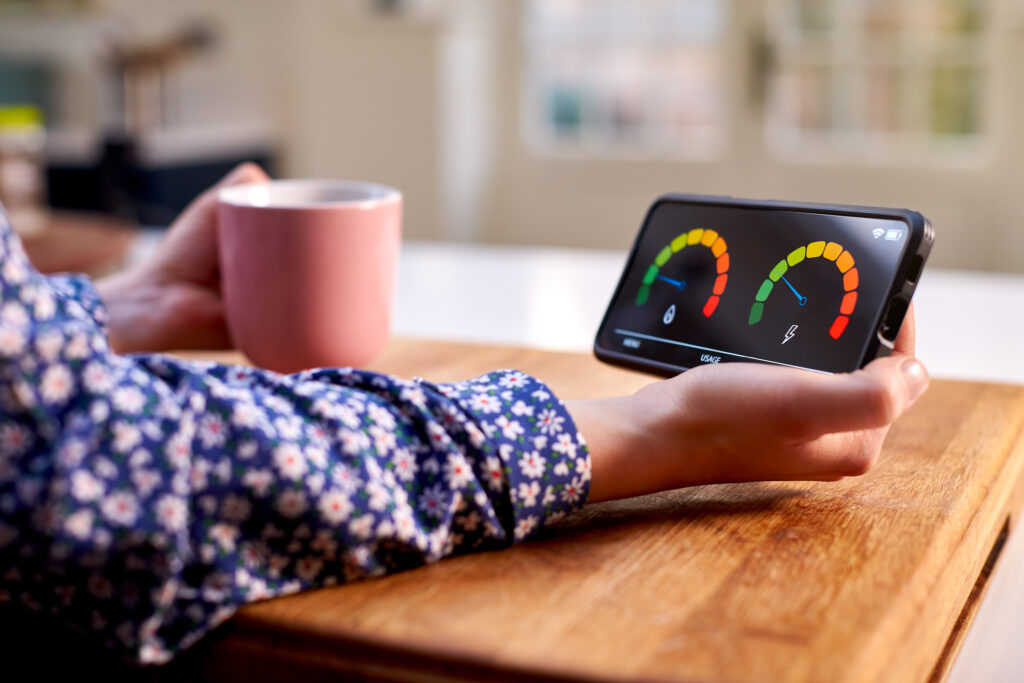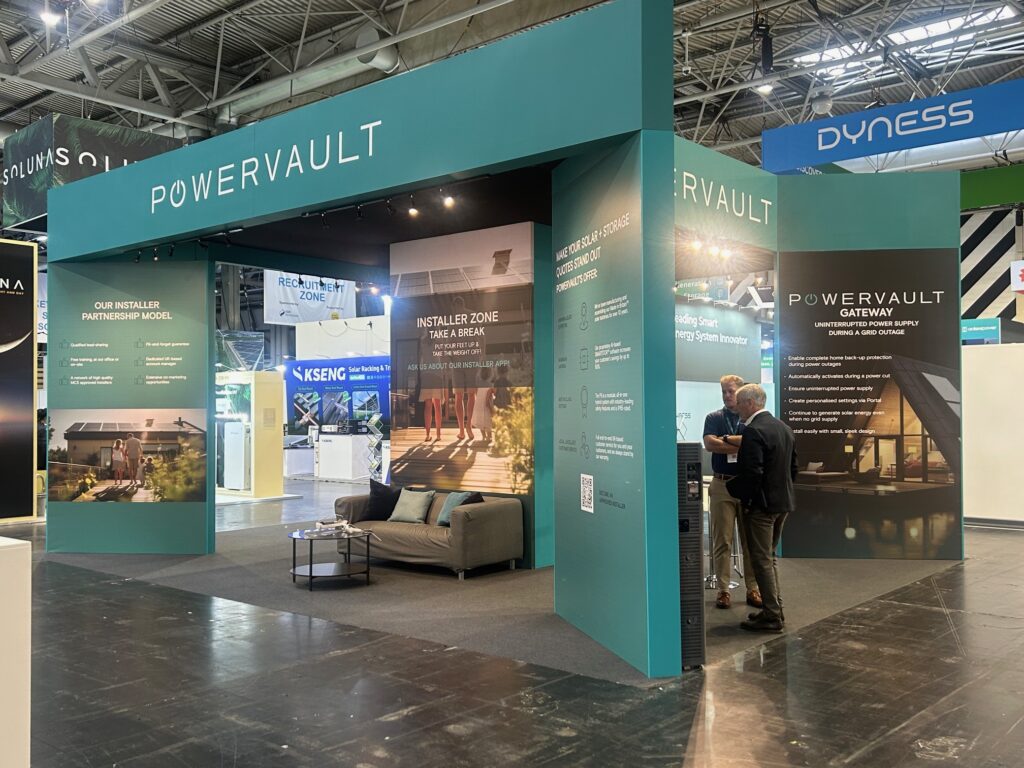See the Judges overview below:
Powervault 3 is an intelligent battery system for the modern smart home, designed to maximise energy efficiency and value for users and support the transition to a lower-carbon electricity system.
Battery energy storage is widely touted as a key part of the shift to a low-carbon power system. Given that renewable energy generation methods such as wind and solar produce far more variable outputs than fossil-based or nuclear generation, maintaining energy security in a low-carbon world – particularly as energy demand grows on a global scale – will require new technologies that enable flexibility at scale.
Nonetheless, business and domestic uptake of energy storage in the UK is currently stagnating below what experts believe is necessary to meet the fourth and fifth carbon budgets, let alone the nation’s new, legally binding net-zero target for 2050. Commonly cited challenges regarding uptake, aside from upfront cost, include: difficulties retrofitting with existing solar arrays; the appropriate capacity not being available; and costs and waste associated with upgrading non-modular batteries.
With its Powervault 3 battery system, London based Powervault aims to tackle these challenges simultaneously. In order to bring down upfront costs while reducing the environmental impact of the product, the company uses recycled lithium-manganese-oxide cells from electric vehicles.
Moreover, the modular design of the Powervault 3 means it is easy to retrofit, or to disassemble in case repairs or upgrades are needed. This facet also makes end-of-life reuse and recycling easier.
Beyond their physical capabilities, Powervault 3 systems are controlled remotely using a cloud-based platform called SmartSTOR. The platform enables battery users, whether domestic or commercial, to minimise their energy consumption and costs and to maximise the use of their battery storage array.
SmartSTOR does this by enabling users to schedule their battery systems to discharge when grid demand is highest, or when the grid’s electricity mix is high carbon, and to charge when demand is lower – and the energy mix is lower-carbon. Schedules can be changed to suit individual or business schedules such as car charging or shift patterns, also.
Trials of Powervault 3 have reduced user electricity costs by up to 50% for domestic users and cut the annual carbon emissions of their households by 0.3 tonnes when combined with onsite solar. The units have, to date, been supplied to more than one million homeowners and businesses with solar generation arrays already installed.
In order to join up the battery systems and deliver benefits to businesses and the grid at scale, Powervault has an API through which third party providers and asset owners can aggregate and control units. The firm is working with third party providers and the National Grid to reduce dependency on coal-fired plants by shifting energy demand away from peak times.
One of Powervault’s largest customers is EDF Energy, which is using the technology to provide a “grid service” contract in which domestic batteries are being used for Firm Frequency Response (FFR) services. Powervault claims this work is the first time that domestic batteries have been used to deliver FFR services in the UK. Elsewhere, Powervault is working with the London Borough of Barnet and UK Power Networks to create a “virtual power station”. Powervault 3 systems will be installed in homes across the borough that already have solar PV fitted, to aggregate 320kWh of energy storage capacity. Participants will be incentivised financially, while firms supporting national and local electricity grids will benefit through the mitigation of costs associated with traditional network upgrades, such as building substations and laying cables.
Judges Comment: : “Powervault’s product moves smart energy forward in a way that is accessible for all consumers, domestic and corporate. It demonstrates excellent innovation around recycled materials and ease-of-use and is also future-proof.”



